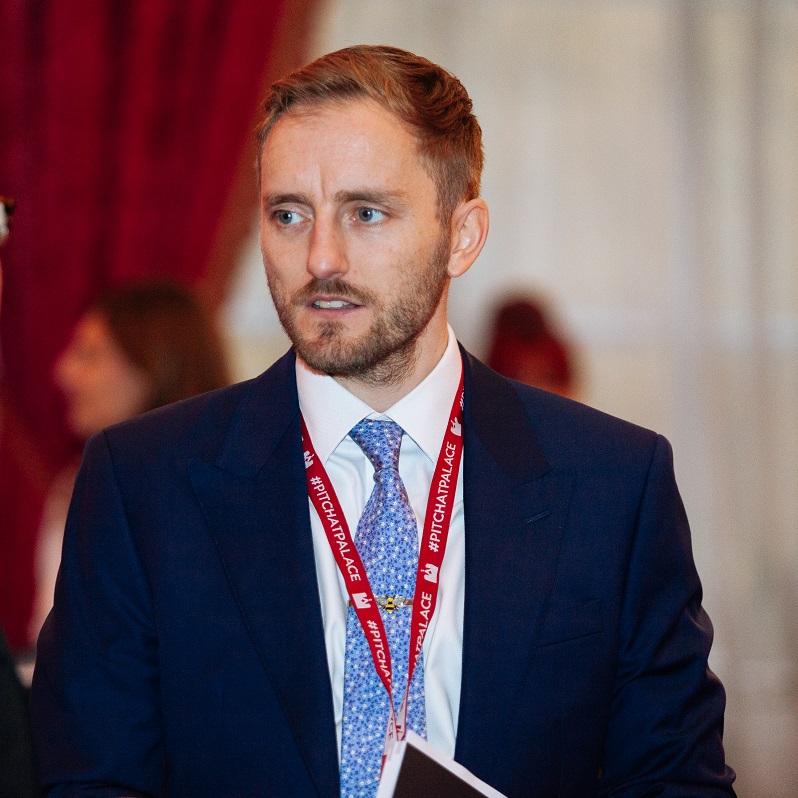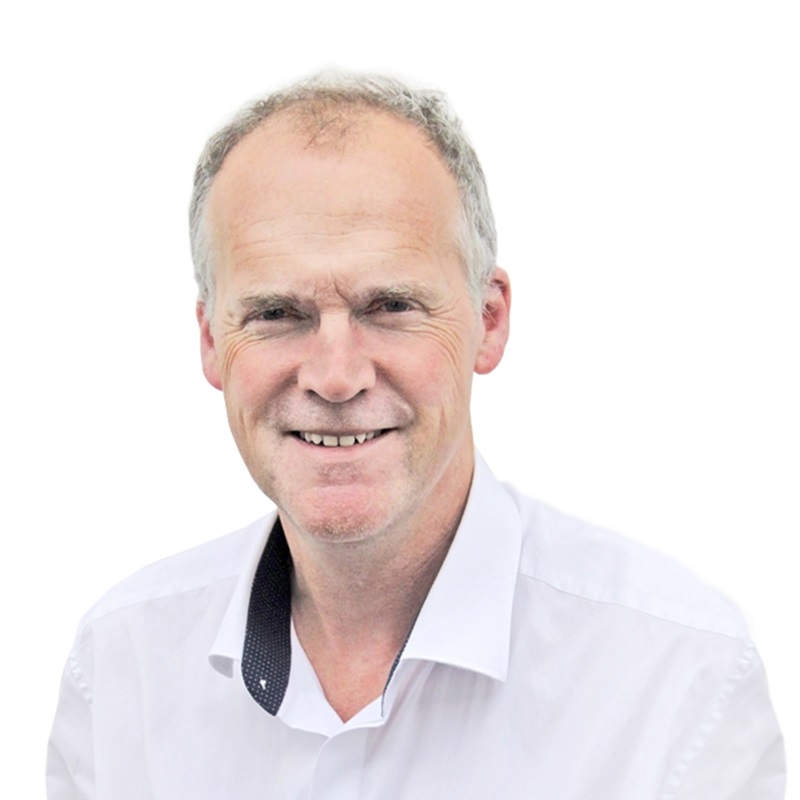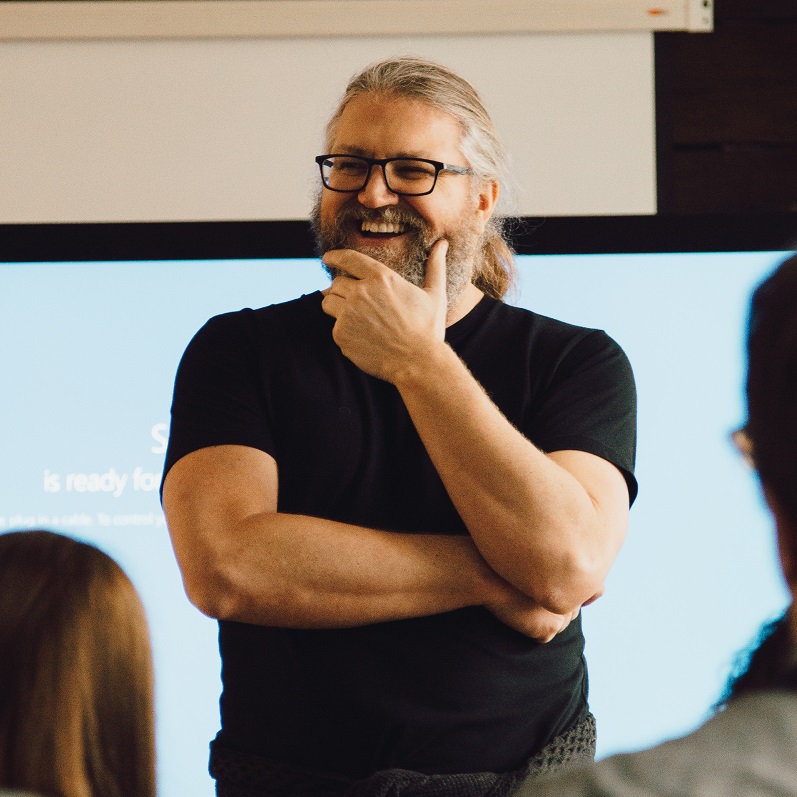
Tom Parkinson, SteamaCo
Helping electricity providers in Africa and Asia operate more efficiently is both challenging and rewarding, says Tom Parkinson, Managing Director of SteamaCo, a purpose-led business which is a technology partner to utilities in Emerging Markets.
- What does your business do?
We help utilities sell electricity profitably. SteamaCo started out as a small utility firm providing electricity in Kenya through solar mini grids. However, as the business scaled it was hard to get paid in a way that worked in a low infrastructure environment. We saw an opportunity and so pivoted to providing software to utilities to enable more effective selling of electricity. Many African utility firms are currently loss making, chiefly due to theft but also because of outdated and inefficient operations. We have the technology to enable utilities to detect and resolve losses and to run their operations better via cloud software.
We currently have 30 customers across 16 countries in Africa and Asia helping deliver electricity to around 100,000 homes and businesses, and we do all of this with just 25 employees.
- Why did you decide to join the business?
SteamaCo started in 2012 and I joined as Finance Director in 2016 before becoming Managing Director in 2021. I leapt at the chance because of the mission - when the opportunity landed on my desk, I just couldn’t say no. There are over a billion people who lack access to reliable, affordable electricity, and yet electricity is crucial for participation in the modern economy. I wanted to help Africa release its potential.
- How did you finance the growth of the business?
Initially it was crowd funded, then we grew into angel funding and now we have venture capital from Shell and Praetura.
We have supplemented those funds with innovation grants from Innovate UK and Horizon 2020.- What has been the most difficult or challenging part of growing your business?
Doing business in Africa is challenging – there is a reason that countries on the continent consistently ranks as some of the most difficult places in the world to operate. The major challenge has been the difficulty of our customers obtaining financing to pay for the distribution infrastructure that we help them to operate.
- What key lesson have you learnt about setting up and growing a business?
The importance of getting your team right; getting the right investors, the right partners to work with, the right advisors, and then recruiting effectively and making sure that the right people are joining your organisation. I can’t stress the importance of getting good people around you.
- What has been the impact of the pandemic on your business and how have you dealt with this?
It hit us quite hard because a lot of the projects we were working on had some element of overseas development aid funding, and that basically stopped during the pandemic as governments focused on their own citizens. That meant a lot of the projects were halted and so we effectively went into hibernation. Unfortunately, we had to let some good people
go just to get through. However, we used the opportunity to develop a new product to help overcome utility losses, which is the major problem facing utility firms in Africa – for example, In Nigeria, 50% of electricity is not paid for, and most of that is lost through theft. We designed and built an AI-driven solution which can detects anomalies in electricity consumption and payment data and helps utilities resolve losses. We are now working with major utilities on developing that product.- What has been your biggest mistake?
Earlier in the life of the business we focused too much on how we could do everything ourselves. We added too much
complexity to the business. We have now simplified our business, focusing on our competencies and embraced a partnership strategy. This has really supercharged the business and enabled us to leverage the power of our technology.
For example, we are now working with a highly respected power advisory firm in Nigeria, Nextier. Working with an advisor that is trusted locally has given us direct access to the market that we wouldn’t have been able to achieve without them. When we come in as a Manchester-based business into an African market, there is an understandable lack of trust so when you are aligned with a trusted organisation, it really boosts progress.- What has been the secret of your success so far?
Listening to our customers, understanding their needs, and serving them well. It also helped that SteamaCo started out as a utility firm in Africa and so we really understand the problems that the customer is going through. We’ve eaten our own dog food, as the saying goes.
- What advice would you give an entrepreneur just starting out about how to grow their business?
Get out there and test your product in real life as quickly as you can because that is where you get the best feedback.
- What personal quality or characteristic has been most useful to you as an entrepreneur as you grow your business?
Openness.


